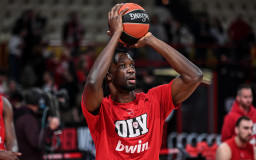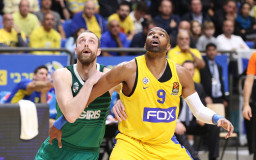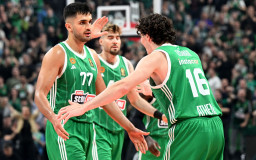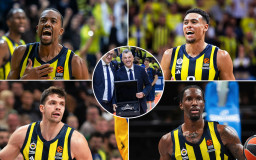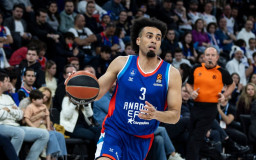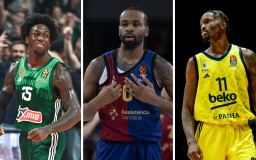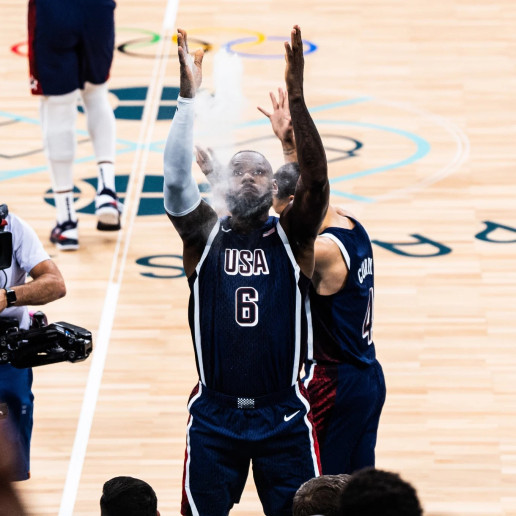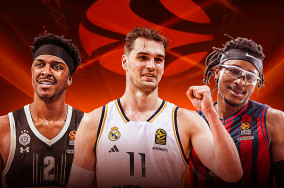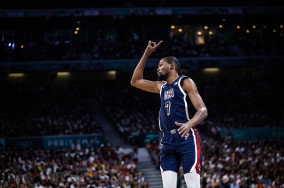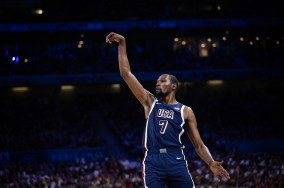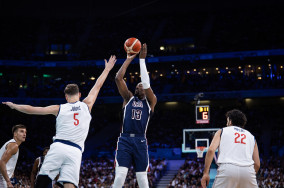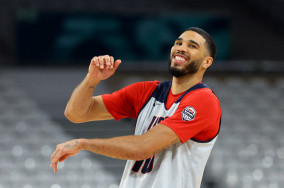With a combined total of 10 NBA championships, 7 MVP trophies, and 5 Olympic gold medals, LeBron James, Kevin Durant, and Stephen Curry have nothing left to prove.
They've dazzled in the brightest arenas, handled immense pressure, and proven their greatness time and again. They've weathered waves of criticism and basked in the glory of their success.
Yet, after the first Team USA game at the Olympics, they follow the same rules as everyone else.
"LeBron will be first up, followed by KD," the U.S. team's communications representative shouts to a group of journalists eagerly awaiting the players after their 110-84 victory over Serbia.
These positions are pre-determined spots by Team USA staff to ensure a smooth process for the media. LeBron steps up first, the only billionaire athlete in Olympic history, ready to answer a barrage of questions. KD is delayed, caught up in TV interviews, but other players start to arrive.
"Jrue Holiday will be in position three," announces the helpful U.S. team staffer. "Steph will be in the fifth spot."
Five spots? I didn't even realize there were that many positions for interviewing players. Soon, there's a sixth.
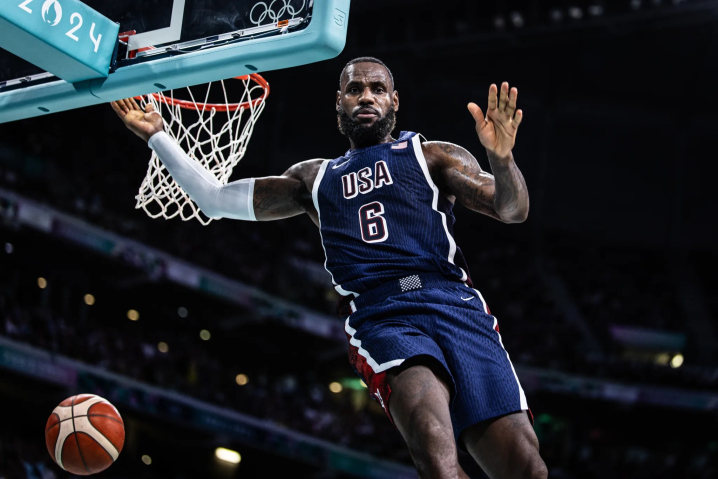
In contrast, European teams like Serbia take a different approach. Their biggest star, Nikola Jokic, walks past everyone, muttering, "I don't talk to the media."
Bogdan Bogdanovic and others do the same. Seeing this poor situation, Vanja Marinkovic stops to give Serbian journalists at least something.
The day before, Giannis Antetokounmpo didn't even enter the mixed zone for interviews, being the only one among 144 Olympic players with a separate exit.
Team USA is a basketball machine, both on and off the court. With an annual budget of $25 million, it's the wealthiest basketball federation in the world, funded mainly by Nike and the NBA. For players, events like the Olympics are opportunities to enhance their personal brands.
Despite their illustrious careers, the star players are in Paris chasing another gold medal. Part of this journey involves media interactions, something typical for U.S. journalists but a pleasant surprise for Europeans.
LeBron and KD electrified the Pierre Mauroy Stadium. In front of 27,000 spectators, you could see the players wanted to perform.
At 39, James sprinted for a fast break in the first half and, instead of a simple shot, decided to slam dunk with all his might, igniting the crowd.
Soon after, Kevin Durant was fouled roughly by Vasilije Micic while running for a fast break. No unsportsmanlike foul was called, but Durant didn't need it. He scored 8 of the next 10 U.S. points, totaling 21 by halftime.
LeBron and KD combined to hit all 13 of their shots in the first half, contributing 33 of the team's 58 points.
"I'm so grateful to have him back. We missed him in the last two Olympics," Durant said. "He puts fear in the other team."
It's hard to argue with that. In the third quarter, when LeBron went for a fast break against three Serbians, he charged straight through them, shaking his shoulders in his trademark style – two points and a foul.
Durant was quieter in the second half, but he wasn't needed as much. Playing his first game in three months, he wasn't fully in rhythm yet, but no one noticed.
"I mean, he's just out of his world talent," LeBron said of his teammate. "And like I said, in practice, he just goes just as hard as he did in the game. You know, I think he even goes even harder in practice, and when the game starts, it's just routine for him."
No matter how experienced or accomplished, the NBA's brightest stars are human, after all.
"It was great. Sitting there listening to our national anthem, you know, listening to the fans cheer, I definitely got a little nervous," LeBron admitted. "My stomach, the butterflies came out, and it was just something that was different.
Team USA has tougher tests ahead in the Olympics, but they passed their first with flying colors, both on and off the court.
Game highlights:
Thank you for reading us! Help us even more.